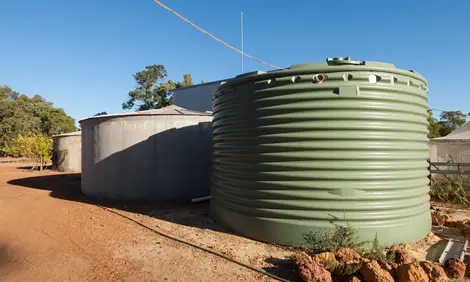



Tanzania Reports Inordinately High Chicken Feed Costs
TANZANIA - Despite the exemption of value-added tax (VAT) on locally-produced animal feeds, inordinately high prices appears to be the case in Tanzania.The government removed VAT on local poultry feeds in the budget for the 2017/18 financial year, with the aim of reducing costs related to the incubation process.
Citing The Citizen, AllAfrica.com reports that small-scale chicken farmers in Dar es Salaam still have to dig deeper into their pockets to pay for chickenfeed. Needless to say, this results in higher production costs and reduced returns on investment.
A poultry keeper at Kitunda on the outskirts of Dar es Salaam city, Sosi Musila, told The Citizen that the price of chicken feeds had almost tripled, rising to Sh20, 000 for a 50-kilo bag last November - up from Sh7, 000 a bag four months earlier.
"I'm not sure why the price has gone up so high, so suddenly; but it is already adding to our production costs," he said. "Higher costs for chicken feeds automatically push up consumer prices for chicken meat and eggs."
As it is, the price of a 1.3-kilo chicken has gone up from around Sh5,000 to Sh8,000. Eggs now cost Sh10, 500 a tray of 30 eggs, from Sh7, 500 a tray-load.
"Some of our customers think that the rise in prices is because of the festive season, Christmas and New Year. But the truth is that all this is due to high operational costs," Mr Musila said.
Theorists and large-scale poultry farmers, however, see poultry feed prices as having fallen on the back of the VAT exemption and a fall in general of prices for some inputs and raw materials used in the production of chickenfeed.
InterChick Ltd sales administrator Adela Wilson told The Citizen that a 50-kilo bag of chicken feeds is currently sold at Sh63,000, down from Sh80,000 last July.
"We are grateful that the price of chicken feed is continuing to fall, doing so to the extent that it is now cheaper to produce chicks - and keep chickens," Ms Wilson said.
According to her, as a result of the fall in chickenfeed prices, InterChick Ltd has increased its production capacity from 200,000 to 300,000 chicks every two weeks!
According to the World Health Organization (WHO), Tanzania's per capita consumption of poultry meat in 2015 was 15kg, while per capita egg consumption was 106 eggs.
Despite the exemption of value-added tax (VAT) on locally-produced animal feeds, chicken farmers in Tanzania still face near-exorbitant prices for chicken feeds.
The government removed VAT on local poultry feeds in the national budget for the 2017/18 financial year, with the aim of reducing costs related to the incubation process - and this way, promote growth of the agricultural sub-sector.
However, The Citizen has learnt that small-scale chicken farmers in Dar es Salaam still have to dig deeper into their pockets to pay for chickenfeed. Needless to say, this results in higher production costs and reduced returns on investment.








